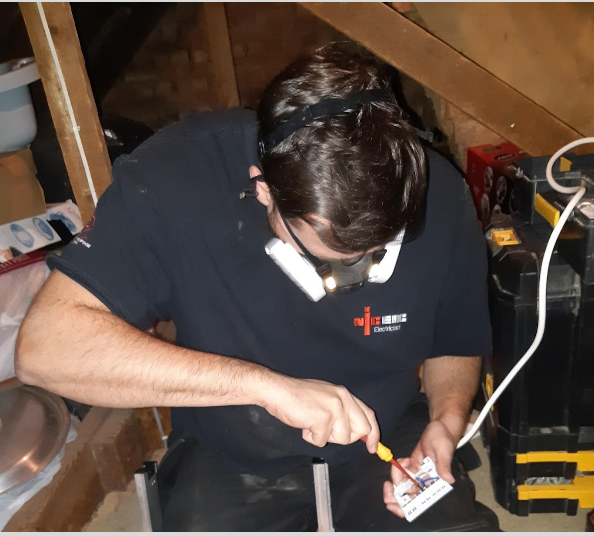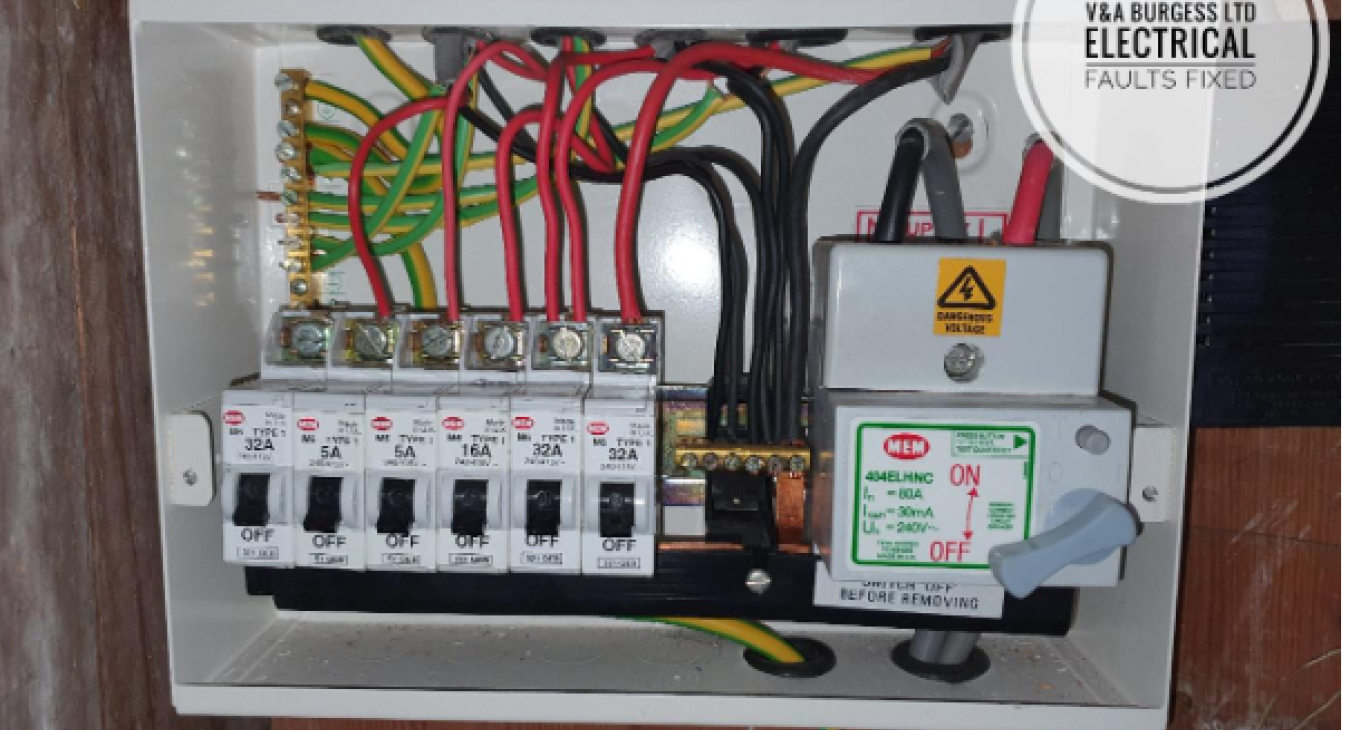Table of Contents
- How long do circuit breakers last. What affects them?
- The average lifespan of a circuit breaker
- Factors affecting circuit breaker lifespan
- Signs that your circuit breakers may need replacement
- The importance of professional assessment
- Modern electrical panels and circuit breakers
- Different types of circuit breakers
- Conclusion
1) How long do circuit breakers last. What affects them?
As a fully qualified electrician and electrical lecturer with years of experience in the industry, I've seen my fair share of circuit breakers in various states of wear and tear. In this article, I'll share my personal insights on the lifespan of circuit breakers and the factors that can affect their longevity and performance.
Back to top2) The average lifespan of a circuit breaker
First, let's address the question on everyone's mind: how long do circuit breakers typically last? In my experience, the average lifespan of a circuit breaker is around 30 years. However, this can vary significantly depending on several factors, which we'll explore in detail.
It's worth noting that the life expectancy of circuit breakers has improved over the years. Modern circuit breakers are designed with better materials and more advanced safety features, potentially extending their lifespan even further. However, this doesn't mean you should ignore your home's electrical panel until it reaches its fourth decade!
3) Factors affecting circuit breaker lifespan
3.1) 1. Quality of the breaker
Not all circuit breakers are created equal. Higher quality breakers from reputable manufacturers like Schneider Electric or Siemens tend to last longer and perform more reliably. As a professional electrician, I always recommend investing in quality electrical equipment for your home's electrical system.
3.2) 2. Environmental conditions
The environment in which the circuit breaker operates plays a significant role in its lifespan. Exposure to extreme temperatures, humidity, or corrosive atmospheres can significantly shorten a breaker's life. In my experience, circuit breakers in coastal areas or industrial environments often need replacement sooner due to these harsh conditions. Part of the reason for this is the internal corrosion on metal parts resulting in failure, high electrical resistances, heat generation and burn out.
3.3) 3. Frequency of operation
Circuit breakers are designed to trip in response to electrical faults or overloads. While this is their primary function and an essential safety feature, frequent tripping can wear out the internal components over time. If you notice your breakers tripping often, it's a good idea to have a qualified electrician inspect your electrical circuits for underlying issues.
3.4) 4. Electrical load
The amount of electrical current flowing through a circuit breaker affects its lifespan. Breakers consistently operating near their maximum rated capacity may wear out faster than those handling lighter loads. This is why it's vital to ensure your home's electrical panel is adequately sized for your electrical needs.
3.5) 5. Maintenance and inspections
Regular inspections and preventative maintenance can significantly extend the life of your circuit breakers. As I often tell my students, a little care goes a long way in maintaining the safety and efficiency of your electrical system. Having inspection and repairs carried out be a qualified electrician at regular intervals will extend the lifespan of your panel and electrical system overall.

4) Signs that your circuit breakers may need replacement
Even with proper care, circuit breakers don't last forever. Here are some warning signs that it might be time for a circuit breaker replacement:
- Frequent tripping: If a breaker trips repeatedly without apparent cause, it could be a sign of internal damage or wear. There could also be an intermittent electrical fault on the relevant circuit.
- Physical damage: Visible signs of wear, such as scorch marks, melted wire insulation, or a burning smell, are serious red flags.
- Age: If your breakers are approaching or exceeding their expected lifespan, especially in older homes, it's wise to consider replacement.
- Failure to trip: A breaker that doesn't trip when it should is a significant safety hazard and needs immediate attention.
- Strange noises or smells: Buzzing sounds or burning odors from your electrical panel are potential indicators of faulty breakers.
Read more about signs of electrical problems in your home in our article.
Back to top5) The importance of professional assessment
While these signs can help you identify potential issues, it’s best to have a licensed electrician perform a thorough assessment of your home's electrical system. As a professional, I can't stress enough the importance of expert evaluation when it comes to electrical safety.
A qualified electrician can not only diagnose problems with your circuit breakers but also identify other potential electrical issues that may be putting unnecessary strain on your system. They can also advise on whether you need a simple circuit breaker replacement or if it's time for an electrical panel replacement.
Back to top6) Modern electrical panels and circuit breakers
If your home still has an older electrical panel, such as the notorious Federal Pacific panels, it's definitely time for an upgrade. Modern electrical panels and circuit breakers offer improved safety features and can better handle the demands of today's electronic devices and appliances.
Back to top7) Different types of circuit breakers
It's worth noting that there are different types of circuit breakers, each designed for specific applications. From standard circuit breakers to GFCI (Ground Fault Circuit Interrupter) and AFCI (Arc Fault Circuit Interrupter) breakers, each type plays a crucial role in ensuring electrical safety.
As a facility manager or homeowner, understanding these different types can help you make informed decisions about your electrical system.
Back to top8) Conclusion
In my years as an electrician, I've seen first-hand how proper care and timely replacements of circuit breakers can prevent serious issues like electrical fires and electric shocks. While the average lifespan of a circuit breaker is substantial, various factors can affect their longevity and performance.
Regular inspections, prompt attention to warning signs, and professional maintenance are key to ensuring the safety and efficiency of your home's electrical system. Remember, when it comes to electrical safety, it's always better to err on the side of caution. If you're unsure about the condition of your circuit breakers or electrical panel, don't hesitate to contact a qualified electrician for a professional assessment.
Investing in the health of your electrical system might seem like an unnecessary expense in the short term, but trust me, it's a decision that pays off in the long run - both in terms of safety and peace of mind.
Back to top
Read more articles
- Log in to post comments


